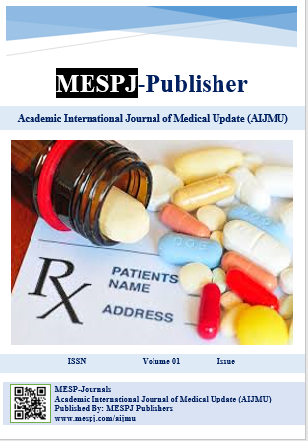Latest
- Academic International Journal of Medical Update (AIJMU)
- Open Access Peer Reviewed Journal
- Academic International Journal of Medical Update (AIJMU)
- Open Access Peer Reviewed Journal
- Academic International Journal of Medical Update (AIJMU)
- Open Access Peer Reviewed Journal
- Academic International Journal of Medical Update (AIJMU)
- Open Access Peer Reviewed Journal
Menu
Visitors







